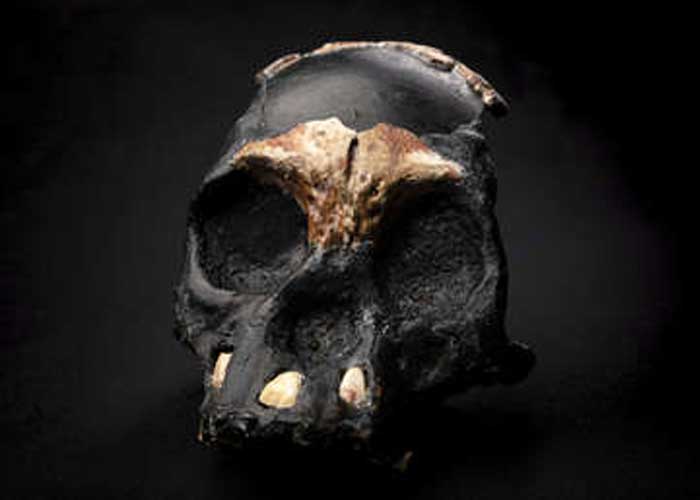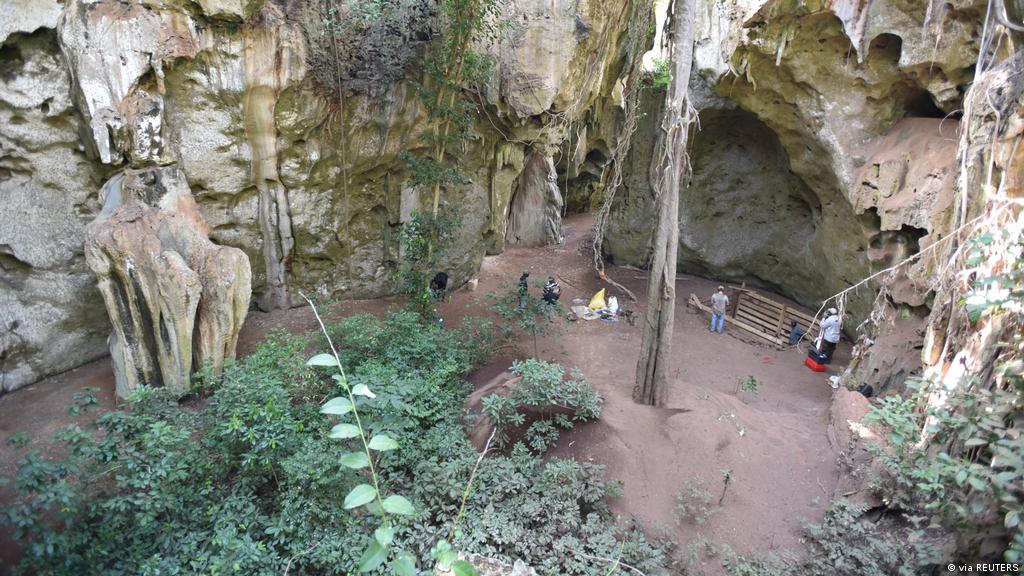
A team of paleontologists has discovered a burial site in South Africa that contains remains of an ancestral species with small brains, believed to be incapable of complex behaviors.
Led by paleoanthropologist Lee Berger, researchers have found several specimens of Homo naledi, a species of tree-climbing hominid from the Stone Age, buried about 30 meters underground in a cave system. This discovery is the oldest record of hominin burials, surpassing by at least 100,000 years the evidence of Homo sapiens burials, according to a recently published study. The findings date back to approximately 200,000 BC. C., according to AFP.

These findings challenge the belief that mortuary practices were exclusive to Homo sapiens or other hominins with large brains. The scientists suggest that this implies that humans are not the only ones to develop symbolic practices and raises the possibility that they were not the inventors of such behaviors.
Carol Ward, an anthropologist at the University of Missouri, who was not involved in the research, noted the potential importance of these findings if confirmed.
For more articles like this click here









